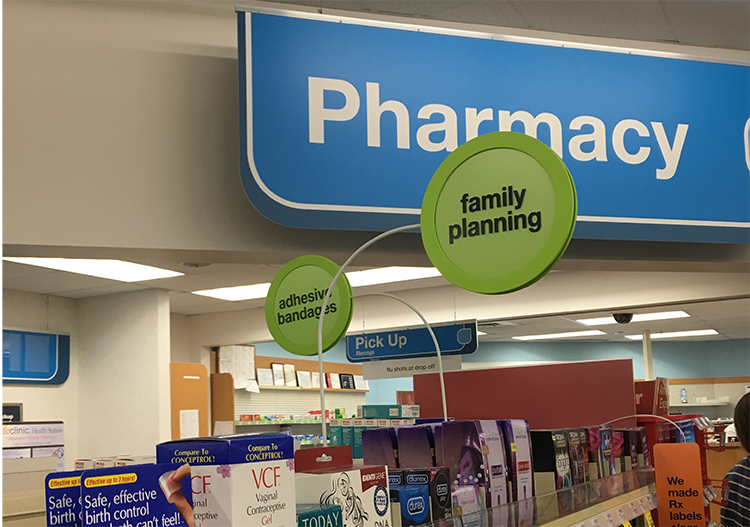Opinion: Sex-Ed Leaves Students Unsafe, Uneducated
More stories from Paige Snider
If you have had the fortune of receiving a public school education, then you have also had the misfortune of sitting through the infamous, the painful, the purposeless, Sex-Ed. Now, even mention the word sex to an adult and you will most likely be shushed and told to not discuss subjects you aren’t mature enough to grasp. Yet, should there be a specified age limit to learn about the act that is responsible for creating you, a human being? Sex is something that
adolescents are rightfully curious about, but with our current non-inclusive Sex-Ed program, students are leaving unprepared and uneducated, leading to 750,000 teen pregnancies and 20 million new STDs a year in the U.S. according to the CDC.
In the Olathe School District, Sex-Ed is required to be taught in grades four through eight, but not in high school, according to the American School Health Association. Arguably the time we need it most and the time when students are likely to venture into sexual activities, while Kansas law requires schools to teach Sex-Ed, it does not specify the duration or age group. It also does not require educators to discuss STDs. In my personal experience, I was only shown disturbingly graphic pictures of genitals riddled with STD infections, meant only to scare us. The actual act of preventing an STD was glossed over with a brief mention of condoms, only to move on as fast as possible. Kansas Sex-Ed does a phenomenal job of being unrealistic and bullying us into thinking that abstinence is the only option.
At least 15 different types of contraception exist, not including the dozens of birth control pill variations, so you can rest assured that there is some form of contraception that can meet your needs. Yet, Kansas repeatedly preaches to us, ”Abstinence is the only way to be 100% safe.” In the state of Kansas, it is not legal to purchase alcohol until the age of 21, or nicotine products until the age of 18, but it is legal to purchase condoms at any age. This is a fact that surprised me, purely because it was never mentioned in Sex-Ed, yet the legal alcohol age of 21 has been drilled into our brains since the age of five. Although abstinence is the method that may make parents feel more comfortable, it is not realistic, and so far only 18 states and the District of Columbia require that information on contraception is provided.
As well as not being thorough, Kansas Sex-Ed is not inclusive to LGBTQ+ in any way. With queer visibility and rights just recently becoming a socially acceptable topic of conversation in the U.S., although less so in Kansas specifically, it is hard to gauge the authenticity of nationwide polls about sexuality. According to the Williams Institute, at least 6.8% of Americans identify as queer, which according to the Oxford dictionary is defined as “Denoting or relating to a sexual or gender identity that does not correspond to established ideas of sexuality and gender, especially heterosexual norms.” A seemingly small percentage, yet when applied statistically to a hypothetical high school class of 400, at least 27 people are once again being pushed to the side because of their sexuality.
With such an important topic, it would only be logical to assume that highly qualified and passionate teachers should be educating our children. But in my experience, while possibly qualified to teach physical education, gym teachers lack the passion to teach Sex-Ed, as they do their best to bulldoze through the content at a breakneck speed, anxious to get back to running laps. It seems an obvious and wise decision for the Olathe School District to hire two Sex-Ed teachers for the district. Though some may say that this is simply another cost that the district is not equipped to cover, the benefits would far outweigh the cost. With the U.S. Healthcare system already paying $16 billion a year just to cover the care of STDs, and teachers only making an average of $50,000 a year, the cost seems meager in contrast to the advantages. With Sex-Ed specific teachers, teen pregnancies and STDs would decrease, leading to a healthier and more inclusive future.



Olivia • Nov 7, 2018 at 9:56 pm
I loved this article!! You did an amazing job at providing evidence for your claim. Keep up the great work!